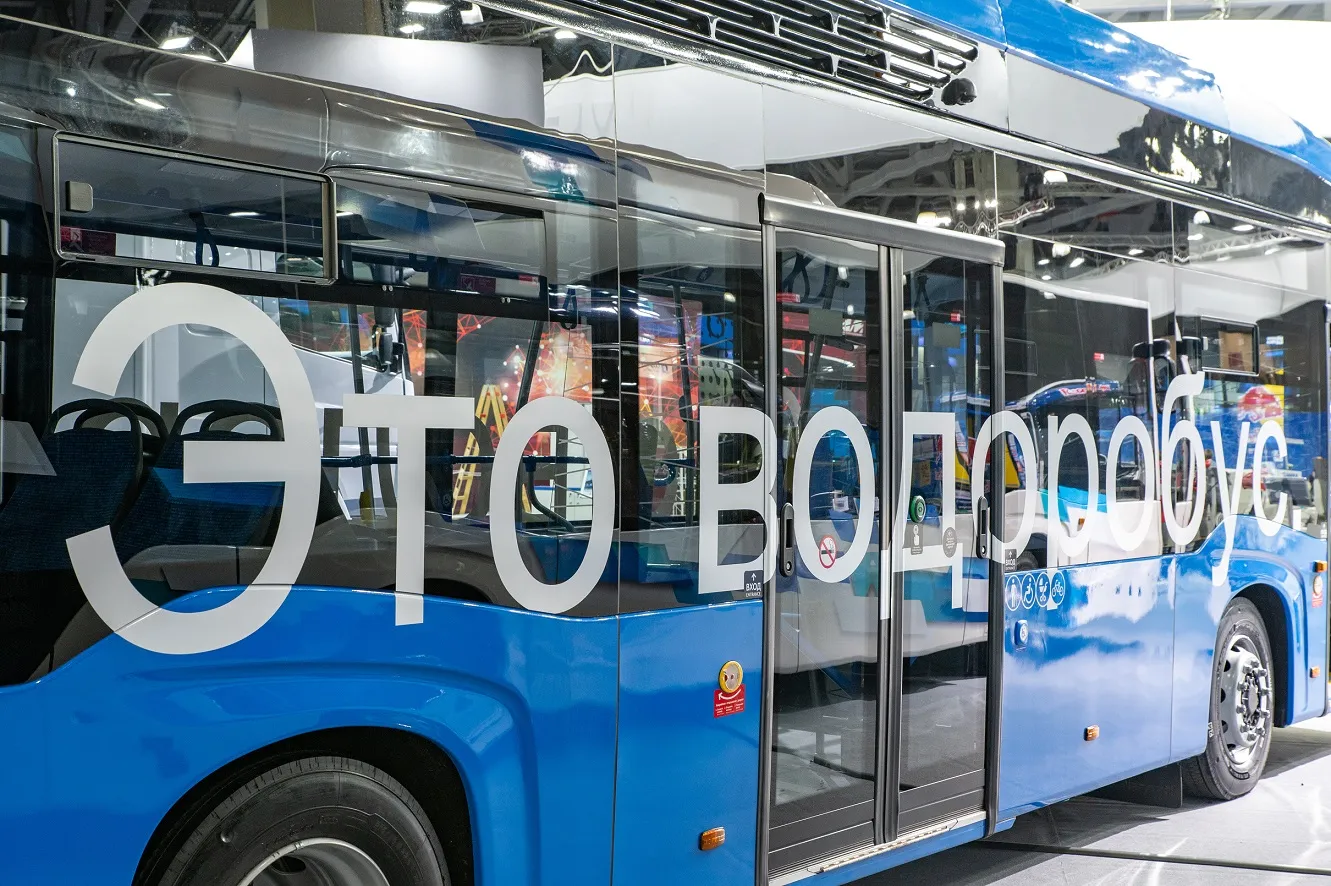Munich’s new station is the first of 50 that are being built as part of a nationwide H2 network expansion that comes under the Clean Energy Partnership, with support from the BMVI via the NIP. Several sites will be celebrating their openings in October. These include Bad Rappenau, Bremen, Cologne/Bonn, and Munich; bringing the number of public hydrogen filling stations in Germany to 41.
At the opening,
The hydrogen pump at Kreillerstrasse 220, takes roughly four minutes to refuel a fuel-cell vehicle with the gaseous fuel, compressed to 700 bar. It is available to customers between 6am-10am from Monday to Sunday.
LG has developed a 400g storage tank for liquified hydrogen and a next-generation H2 compressor (cryogenic pump) for the new facility.
Christian Amberger, CEO of Allguth, said: “Unlike battery-powered vehicles, hydrogen vehicles have a long range and can be refuelled quickly. And renewable hydrogen fuel causes zero emissions!”
Nikolas Iwan, managing director of H2 Mobility, said: “I’m delighted to have two mobility service providers using the hydrogen station in Kreillerstrasse. With BeeZero, registered users can drive hydrogen cars themselves, while CleverShuttle lets you call a chauffeur.”
Allguth and The Linde Group launch hydrogen filling station, Munich
Medium sized oil company Allguth has teamed up with technology company The Linde Group (LG) and opened a hydrogen (H2) filling station for fuel-cell vehicles in Munich’s Trudering district, Germany. The Federal Ministry for Transport and Digital Infrastructure (BMVI) supported the construction of the facility with €400,000 (£356,000) from its National Innovation Programme for Hydrogen and Fuel Cell Technology (NIP) and it will be operated by the infrastructure partner H2 Mobility.
October 24, 2017
Read time: 2 mins
Medium sized oil company Allguth has teamed up with technology company The 4828 Linde Group (LG) and opened a hydrogen (H2) filling station for fuel-cell vehicles in Munich’s Trudering district, Germany. The Federal Ministry for Transport and Digital Infrastructure (BMVI) supported the construction of the facility with €400,000 (£356,000) from its National Innovation Programme for Hydrogen and Fuel Cell Technology (NIP) and it will be operated by the infrastructure partner H2 Mobility.









